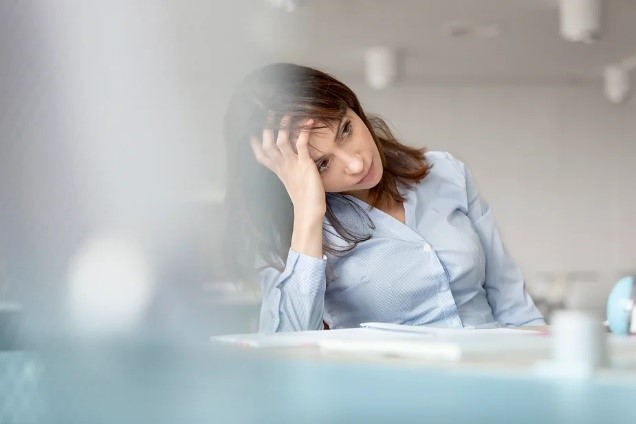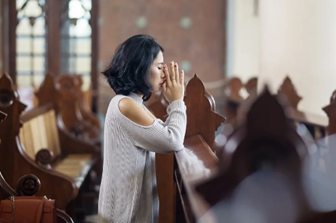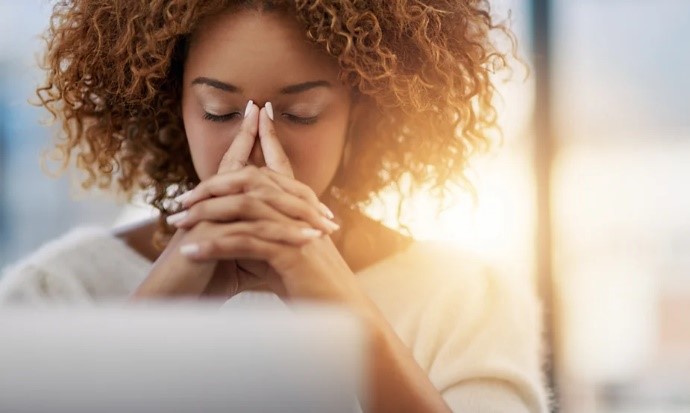5 Ways to Relieve Anxiety

5 Ways to Relieve Anxiety
The pandemic has brought changes, burdens, and challenges. You may find yourself uncertain about what's going on in your life. Most of the time, uncertainty causes anxiety.
Everyone may feel anxious at times. You may feel anxious, especially when you're under pressure, worry too much when there's something beyond your control, or be uncertain of what may happen. Usually, anxiety is relieved whenever the stressor or cause of stress is addressed.
What is Anxiety?
Anxiety is a feeling of uneasiness. Usually, it comes with nervousness and excessive worry about a particular circumstance. Examples are big promotions, meeting new people, stressful events, deadlines at work, taking tests, speaking in class, breakdown of a close relationship, history of mental health condition, past trauma from childhood, or dealing with ongoing physical illness or pain.
Symptoms that you have anxiety?
Anxiety may have different severity and level and will depend on the diagnosis of your psychologist.
Generally, it causes muscular tension, restlessness, fatigue, inability to catch one's breath, tightness in the abdominal region, nausea, and problems in concentration.
5 ways to relieve anxiety

Prayer & Meditation
One of the most important things to remember when you start feeling anxious is to pray. Instead of going too hard on yourself, rest knowing that you're in the hands of a loving Father. You'll find comfort, healing, and wisdom. "Cast all your anxiety on Him because He cares for you."
Meditate
Meditation reduces the feeling of anxiousness. Try to sit up straight with your feet on the floor. Close your eyes, recite a mantra - a positive statement or sound you choose, sync it with your breaths, and focus.

Healthy Lifestyle
Healthy lifestyle choices will always be beneficial to your body. It helps your body and mind feel more at ease. Eat nutritious food, get enough sleep, exercise, and drink plenty of water.

Journaling
Writing journals about your feelings, emotions, and trauma improves your mental well-being. If you are artistic, draw or paint how you feel. It reduces negative thoughts and helps you remember all the good things in your life.

Socializing
Talking with a family member or friend who cares about your feelings is always comforting and helps you address your concerns. If socializing may be hard, you may always find a support group from different social media or your doctor's referral.

Medication and Behavioral Therapy
Doctors often prescribe medication or recommend behavioral therapy to help you gain confidence and control over your emotions. With the proper care and support, you will feel less anxious.

Anxious feelings are a normal part of life. However, with proper treatment, you can reduce and manage your symptoms. Learning to cope with your anxiety takes courage, time, patience, and practice.





